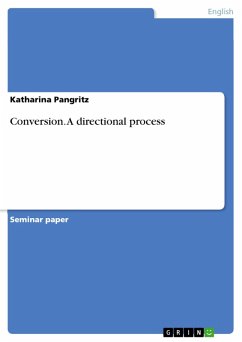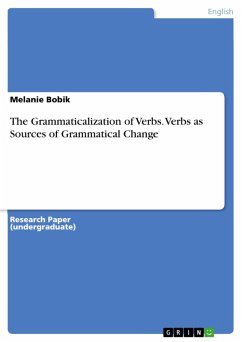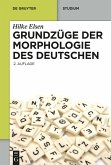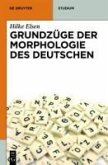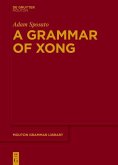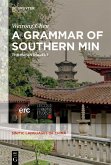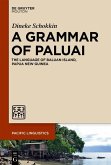Seminar paper from the year 2012 in the subject English Language and Literature Studies - Linguistics, grade: 2,5, University of Rostock (Anglistik), course: The Grammar of English Words, language: English, abstract: In this work the author will give a short extract of important theories dedicated to the phenomenon of conversion. The author will present the theory of Marchand, who believes in conversion as a process of zero-derivation. In addition to that the theory of metonymical extension by Rene Dirven will be introduced. As a contrast the theories of linguists such as Hockett and Koziol will be analysed, which see conversion as a state and not as a process. They apply to conversion as multifunctionality. The author will emphasize conversion as a process and consequently will illustrate a directionality of conversion. On the basis of the words "mountain" and "saw" of the OED the source word and target word will be detected. In order to prove the directionality of conversion their individual semantics by the semantic criteria of Marchand will be analysed. At first sight conversion as a linguistic subject seems to be unproblematic and simple. On the surface it can be defined as a phenomenon of linguistics in which certain words are created by changing the lexical category of another word with no obvious change of its external form. In this way conversion creates verbs from nouns, nouns from verbs, and even verbs from adjectives. However, conversion is not as simple as it seems. It is a linguistic phenomenon, which occurs above all in the English Language. There is a high extent of words in English texts, which belong to several word classes. Even though the phenomenon of conversion has such a high presence within the English language, linguists worldwide have not yet found an agreement about its definition. Several different and contradictory definitions exist within the literature of linguistics. There are various opinions of linguists, in which field Conversion should be included.
Dieser Download kann aus rechtlichen Gründen nur mit Rechnungsadresse in A, B, BG, CY, CZ, D, DK, EW, E, FIN, F, GR, HR, H, IRL, I, LT, L, LR, M, NL, PL, P, R, S, SLO, SK ausgeliefert werden.

